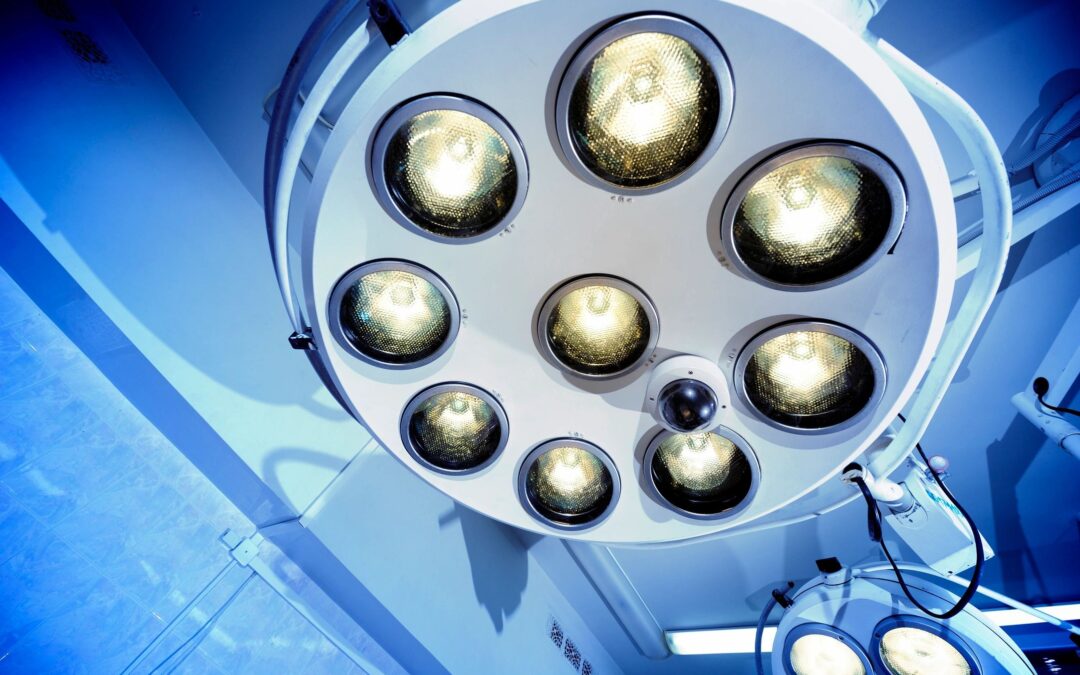By Jack Graves and Matt Johnson –
In Elekta Limited v. Zap Surgical Systems, Inc., the Federal Circuit recently affirmed a PTAB decision finding certain claims of a patent owned by Elekta Limited (“Elekta”) to be unpatentable, even though the PTAB decision had not expressly addressed the expectation of success for the proposed obviousness combination. No. 2021-1985, 2023 WL 6152418 (Fed. Cir. Sept. 21, 2023).
Zap Surgical Systems, Inc. (“Zap”) had previously filed a petition for inter partes review challenging U.S. Pat. No. 7,295,648, which relates to an apparatus for providing ionizing radiation treatment to a subject. Id. at *1. The PTAB subsequently issued its Final Written Decision, concluding that all the challenged claims were unpatentable as obvious. Id. at *2. On appeal, Elekta challenged the Board’s findings related to (1) motivation to combine, and (2) reasonable expectation of success. Id. at *3. In particular, Elekta claimed that the Board had erred as a matter of law by failing to articulate any findings addressing reasonable expectation of success. Id.
Generally, an obviousness determination requires finding that a person of ordinary skill in the art would have had a reasonable expectation of success. Regents of Univ. of Cal., 903 F.3d at 1291. Reasonable expectation of success refers to the likelihood of success in combining references to meet the limitations of the claimed invention. Intelligent Bio–Systems, Inc. v. Illumina Cambridge Ltd., 821 F.3d 1359, 1367 (Fed. Cir. 2016).
First addressing the motivation to combine, the Federal Circuit found that substantial evidence supported the Board’s finding that a person of ordinary skill in the art would have been motivated to make the proposed combination. Elekta, 2023 WL 6152418 at *3. Specifically, the decision recognized that the Board had properly considered the differences between radiation imaging devices and radiation therapy devices, and found that a skilled artisan would not have been dissuaded from combining the references based on these differences. Id.
As for the expectation of success, the Federal Circuit rejected Elekta’s argument that the Board erred as a matter of law when it failed to articulate any findings on reasonable expectation of success. Id. at *4. It was specifically held that, unlike a motivation to combine determination, a finding of reasonable expectation of success need not be explicit. Id. Instead, the Federal Circuit found that they could reasonably discern that the Board considered and implicitly addressed reasonable expectation of success based on the arguments and evidence presented regarding the motivation to combine. Id. Furthermore, because Elekta had chosen to intertwine its motivation to combine and reasonable expectation arguments, the Board had not erred by addressing these two issues in the same “blended manner.” Id. at *5. The Federal Circuit concluded that substantial evidence supports the Board’s expectation of success findings, and that “in some cases, such as here, the evidence establishing a motivation to combine may establish a finding of reasonable expectation of success.” Id. at *6.
Takeaway: An obviousness finding need not expressly address whether there would have been a reasonable expectation of success, provided that an implicit finding can be reasonably discerned.
Matthew Johnson
Latest posts by Matthew Johnson (see all)
- PTAB Allows Three Concurrent IPR Petitions for Unusual Patent Claims - April 25, 2025
- PTAB Finds Petition Time Barred - April 22, 2025
- Federal Circuit Reverses District Court’s Application Of Collateral Estoppel - April 11, 2025

